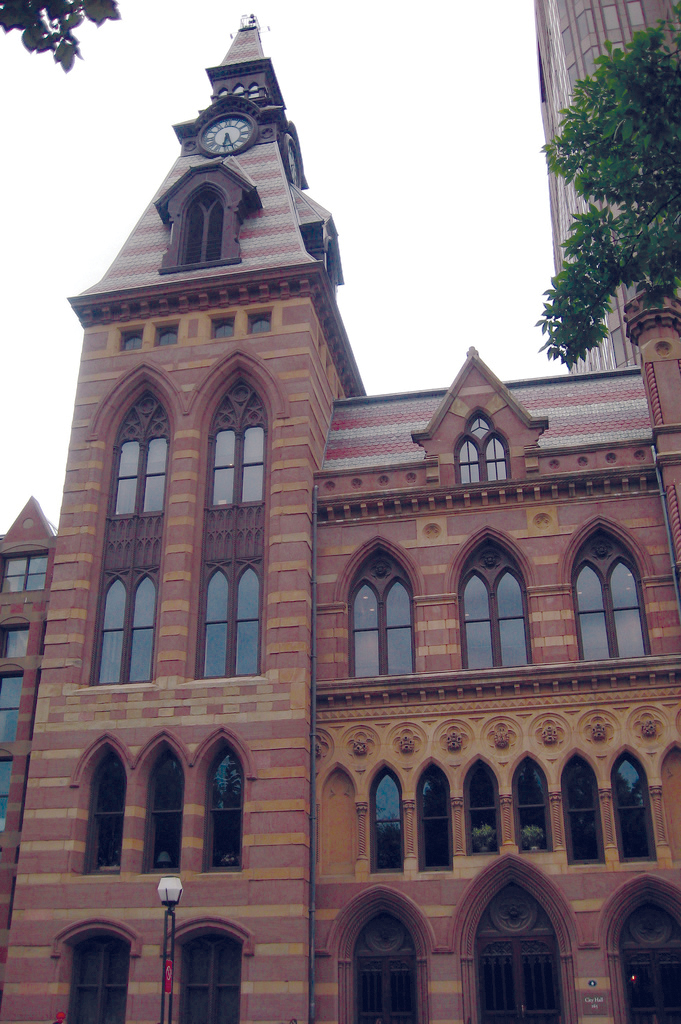
Elm City officials tabled a proposal Wednesday night that would have paved the way for the city to expand New Haven’s low affordable housing stock.
The Board of Alders’ Community Development Committee discussed a proposal Wednesday evening to facilitate the process that City Hall must take to purchase foreclosed homes via the Livable City Initiative — the city’s agency that provides affordable homeownership opportunities to low-income Elm City residents. To shorten a process that lasts several months, several alders proposed that the city be able to negotiate and contract with banks to purchase vacant, foreclosed properties — bypassing four rounds of approval, said Tim Yolen, a member of the Livable City Initiative’s Board.
The standing process means the LCI misses the opportunity to buy more foreclosed homes, he added. Those homes are instead are sold to developers or private companies that rent them out for high prices, said Ward 2 Alder Frank Douglass Jr. He added that the proposal was tabled because of its lack of details.
It was unclear what types of properties LCI intended to purchase, from single family or multiple family homes to vacant lands.
“Personally, I think it’s a great idea,” Douglass said. “I welcome it if we can get it to work. I oppose large developers and companies developing and charging astronomical rents.”
He added that the Alders felt uncomfortable being bypassed in the new process. Currently, the alders are the last round of approval in the LCI’s buying process.
As part of the four-part approval process, the LCI Board meets to approve each property for sale. On Wednesday evening, the board discussed nine properties and voted to sell seven of them, four to non-profit organizations and three to New Haven residents.
One of the properties the board voted to sell was the Chapelseed Garden, a property at 1592 Chapel St. It will continue to be used as a community garden.
Two of the homes that were sold were in such bad condition that Habitat for Humanity could not renovate them. One of them, located on 161 County St., was damaged in a fire and the other, located on 25 Winthrop Ave., was neglected. Both were sold to private non-profit developers for five thousand dollars each. The houses will be remodeled and sold to New Haven residents.
One homeowner bought a small lot at 127 Winthrop Ave. for $5,880, paying $1.50 per square foot. He owns two adjacent properties with a multi-family home on each and plans to use his new lot for parking, according to his application.
The Board declined to approve only two transactions throughout the meeting.







